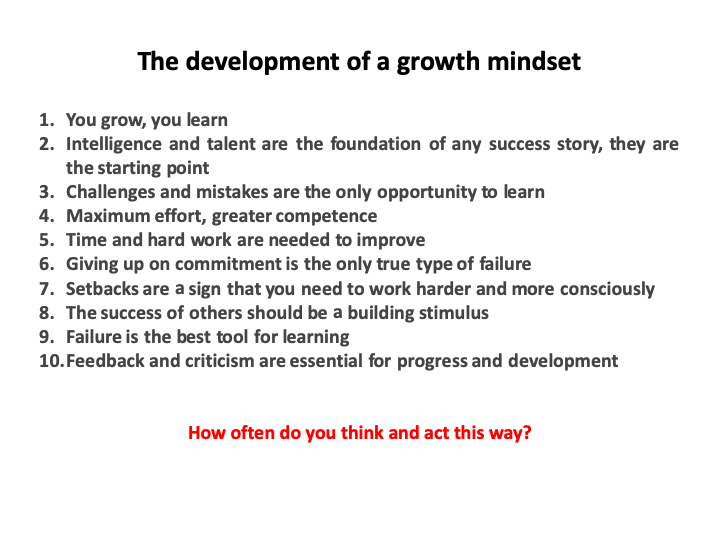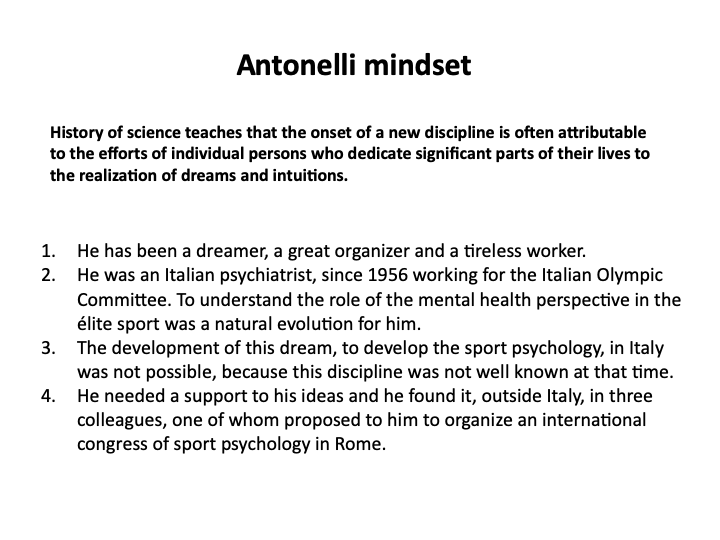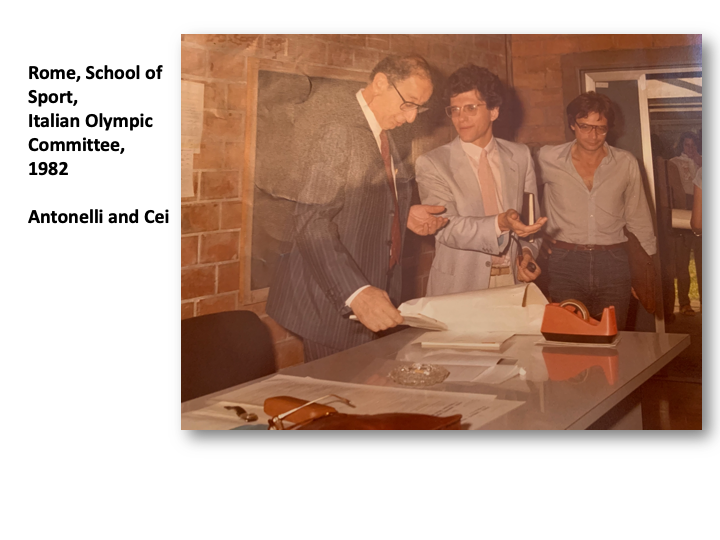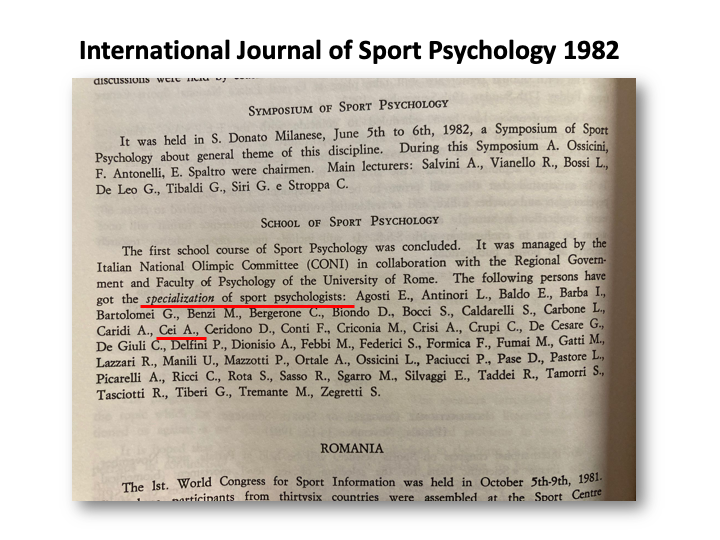Xavi returned to Barcelona with several technical and tactical obsessions, two of them above all: finding the free man and minimizing lost balls. Recovering the positional play and the level of intensity needed to get the ball back in the shortest possible time, Xavi crushed Carlo Ancelotti’s Real who, if it hadn’t been for Thibaut Courtois’ saves, would have gone to sleep with an even heavier result on their conscience: “Why did I ask the boys to run even when we were four goals up? Because if it’s true that we were winning 4-0 today, it’s also true that when we’re up by just one goal, in order not to lose, we’ll have to keep running and pressing, helping the full-backs… Losing a ball must make us furious, it bothers me a lot when it happens. And if we are not demanding the results will not come.”
As I was explaining to the psychologists of the Master of Sport Psychology, a match is played on some technical-tactical factors but at the same time they have a strong psychological meaning: position, intensity and speed.
This is what Xavi coached and asked Barcelona to do. How many Italian teams play with this kind of will?









